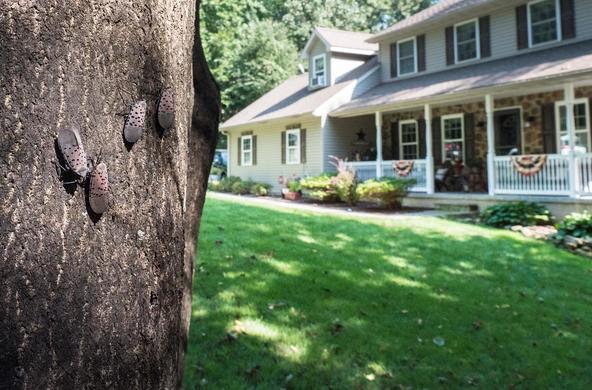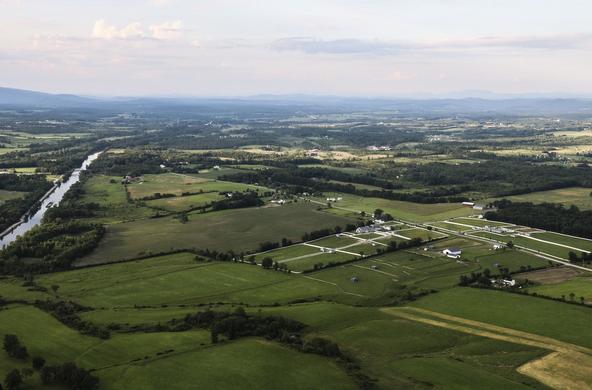Cary Institute Graduate Student Fellow Rafael Almeida, Visiting Scientist Fabio Roland, and Trustee Tom Lovejoy discuss all we stand to lose in a letter published in the July 15 issue of Science.
In her News In Depth story "Brazilian crisis threatens science and environment" (27 May, p. 1044), L. Wade explored the consequences of the controversial constitutional amendment that is under consideration in the Brazilian Senate amidst the country's economic and political turmoil. This amendment, known as PEC 65/2012, effectively abolishes Brazil's environmental licensing process. Ratification could lead to large-scale, indiscriminate destruction of the Amazon biome.
About 334 dams have been proposed throughout the Amazon basin, and more than half of them are in the Brazilian Amazon. In addition, over 1 million square kilometers of the Brazilian Amazon have been registered as under consideration for mining The implementation of many of these proposed projects is hindered by environmental restrictions: Sixty percent of the Amazonian hydropower potential and 20% of Amazonian areas with registered interest for mining lie inside strictly protected areas and indigenous lands. If ratified, the new amendment will allow developers to ignore environmental restrictions.
Brazil's most recent 10-year energy expansion plan states that 12 megadams must be completed in the Amazon basin by 2024. These dams represent 93% of the country's projected increase in hydropower generation capacity. If the amendment is ratified, these future dams—together with associated infrastructure megaprojects such as highways and electricity transmission lines—would be implemented despite insufficient impact assessment. If the associated highway construction also lacks sustainable planning, the dam project could indirectly lead to an indiscriminate expansion of agricultural frontiers and an increase in deforestation rates.
To protect the Amazon ecosystem, we must modernize Amazon energy plans, replace conventional infrastructure with sustainable infrastructure, and integrate planning and management. Recent calls for basin-scale planning before new infrastructure projects (2, 3) are constructed are on the right track. The proposed amendment would derail these plans, putting decades of conservation efforts and the Amazon system itself in jeopardy.







